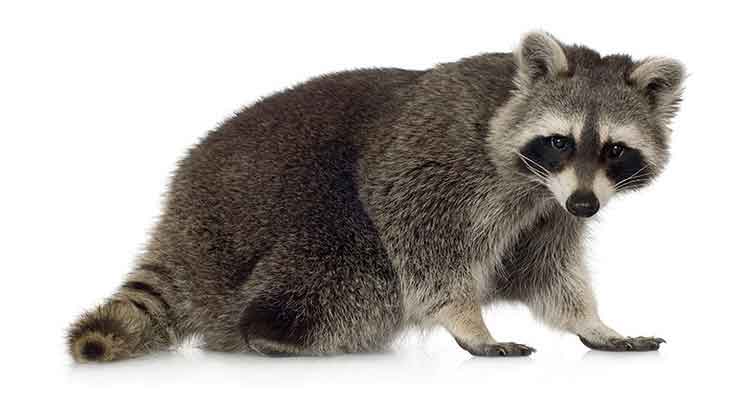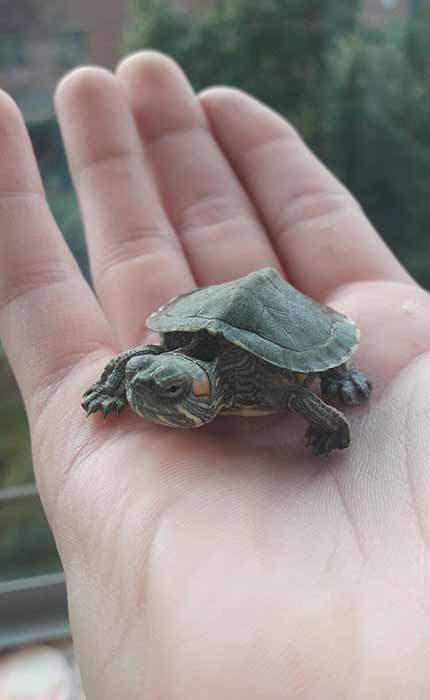Raccoons are omnivorous mammals that are known to eat a wide variety of foods, including fruits, vegetables, insects, fish and other smaller animals. But what about turtles? Do raccoons pray on turtles? Are they even able to get past their hard shell?
Raccoons are known to be natural predators of turtle eggs, hatchlings, and even adult turtles. Raccoons are opportunistic feeders and will eat almost anything that they can find, including turtles.
But not all turtles are the same, some of them are better at defending themselves, and some can be even bigger than a raccoon, so not all turtles are hunted by raccoons.
Types of Turtles Vulnerable to Raccoon Predation
While raccoons have been known to prey on a variety of turtle species, some species are more vulnerable to raccoon predation than others. Turtle species that lay their eggs on land or in shallow water, where they are more accessible to predators like raccoons, are particularly vulnerable to predation. For example, the Blanding’s turtle, a threatened species in North America, lays its eggs in shallow water or on the ground, making them vulnerable to predation by raccoons and other predators. Similarly, the snapping turtle, which also lays its eggs on land, is vulnerable to raccoon predation.
In addition to turtle eggs, hatchling turtles are also vulnerable to predation by raccoons. Hatchling turtles are small and weak, making them easy prey for raccoons and other predators. Even adult turtles are not completely immune to raccoon predation, as they can be attacked by raccoons when they are vulnerable, such as when they are basking on a log or caught in shallow water.
Reasons Why Raccoons Might Prey on Turtles
There are several reasons why raccoons might prey on turtles. One reason is that turtles are a relatively easy source of food for raccoons, particularly when other food sources are scarce. Turtle eggs are particularly attractive to raccoons, as they are a concentrated source of nutrients and are often laid in large numbers. Raccoons can easily locate and dig up turtle nests, allowing them to quickly consume large quantities of eggs.
Another reason why raccoons might prey on turtles is that turtles are often abundant in areas where raccoons are found. Many turtle species are aquatic, and they are commonly found in wetland habitats that are also favored by raccoons. As a result, raccoons may encounter turtles frequently in their natural habitat, increasing the likelihood of predation.
Potential Impacts of Raccoon Predation on Turtle Populations
Raccoon predation can have significant impacts on turtle populations. The loss of eggs or hatchlings to predation can reduce the reproductive success of turtle populations, particularly in species that have low reproductive rates or are threatened or endangered. For example, the Blanding’s turtle has a low reproductive rate, with females only laying eggs every two to three years. The loss of even a few nests to predation can have a significant impact on the population’s overall reproductive success.
In addition to reducing reproductive success, raccoon predation can also affect the behavior and distribution of turtles. Turtles may avoid nesting in areas where raccoon predation is high, or they may alter their nesting behavior in an attempt to reduce predation risk. This can lead to changes in the distribution of turtle populations and can make it more difficult for conservationists to monitor and protect these species.
Final Thoughts
In conclusion, raccoons are known to prey on turtles, particularly turtle eggs and hatchlings. Turtle species that lay their eggs on land or in shallow water are particularly vulnerable to predation by raccoons, and the loss of eggs or hatchlings to predation can have significant impacts on turtle populations


